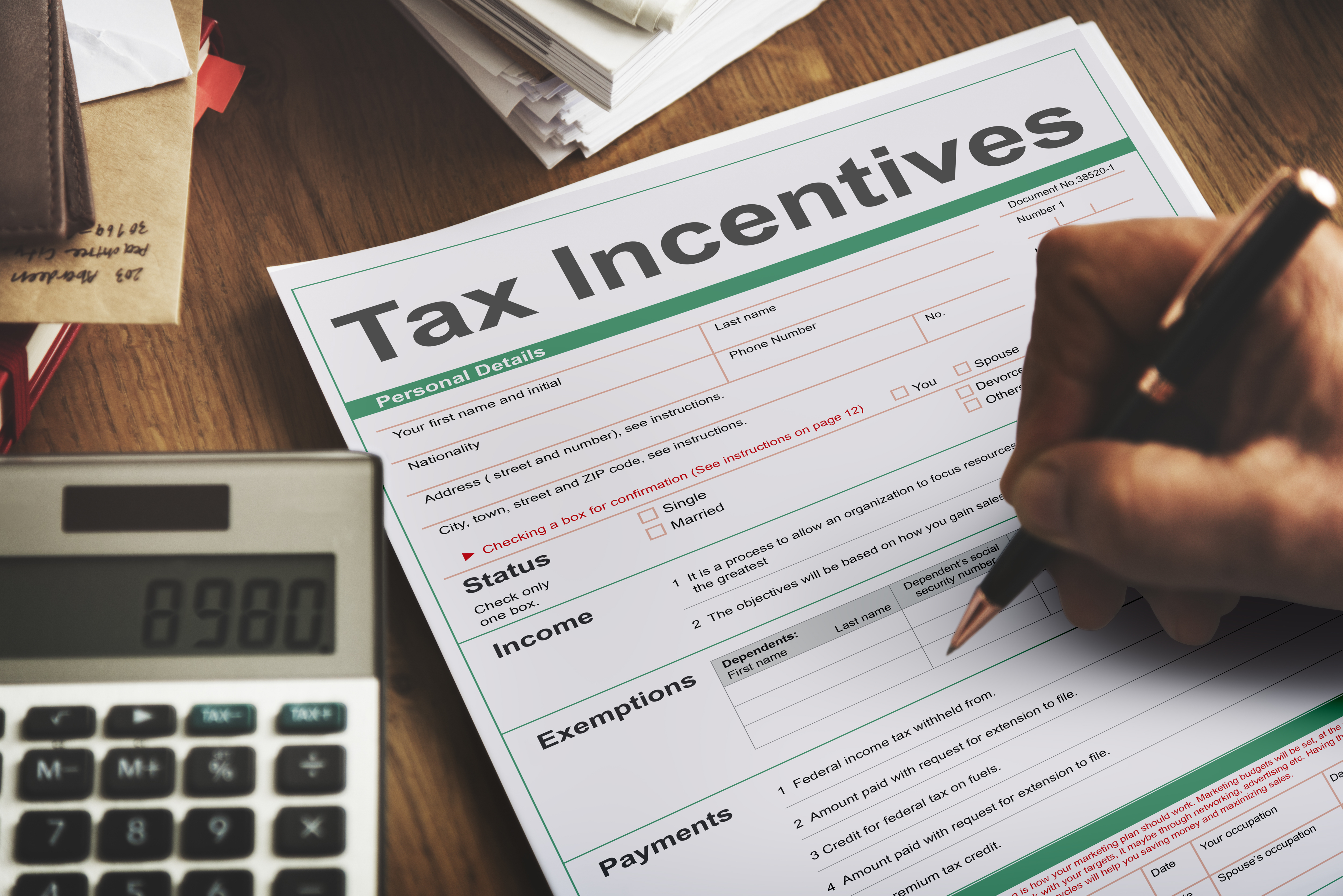Nigeria’s Tax Reform 2025: A Modern Framework for Business & Compliance
Nigeria’s Tax Reform 2025: A Modern Framework for Business & Compliance
By H.G&W Global Management Consulting
Executive Summary
In June 2025, the Nigerian government signed a landmark suite of tax reform bills—the Nigeria Tax Act 2025 (NTA), the Nigeria Tax Administration Act 2025 (NTAA), the Nigeria Revenue Service (Establishment) Act 2025 (NRSA) and the Joint Revenue Board (Establishment) Act 2025 (JRBA). NESG+4Baker Tilly Nigeria+4PwC+4
These reforms represent the most sweeping overhaul of Nigeria’s tax system in decades, aiming to streamline legislation, broaden the tax base, enhance compliance, and make Nigeria a more attractive investment destination.
This article breaks down the key changes, assesses their impacts on businesses and individuals, and offers practical compliance strategies.
1. Overview of the Reform Architecture
-
The NTA consolidates multiple existing statutes (such as the Companies Income Tax Act, the Petroleum Profits Tax Act, the Capital Gains Tax Act, the Value-Added Tax Act) into a unified framework. KPMG+1
-
The NTAA sets out administrative procedures: registration, compliance obligations, information disclosure, appeals and taxpayer rights. afriwise.com+1
-
The NRSA establishes the Nigeria Revenue Service (NRS) as a unified national tax authority to replace multiple overlapping agencies. PwC
-
The JRBA provides for a joint revenue board and dispute-resolution mechanisms across federal, state and local levels. NESG
Effective dates for major provisions begin 1 January 2026 for many reforms. ey.com+1
2. Key Changes & Their Implications
A. Corporate Taxation & Small Business Relief
-
Companies with annual turnover ≤ ₦50 million and fixed assets ≤ ₦250 million (excluding professional services) are classified as “small companies” and exempt from Companies Income Tax (CIT), Capital Gains Tax (CGT) and the 4% Development Levy. Baker Tilly Nigeria+1
-
CGT rate for companies increases from 10% to 30%, aligning it with the standard CIT rate. Baker Tilly Nigeria+1
-
A 4% Development Levy is introduced on assessable profits (except small companies), consolidating multiple levies. afriwise.com
Implication: Businesses must reassess tax classification, fixed-asset base and asset disposal strategies under the new regime.
B. Personal Income Tax & Residency Rules
-
Individuals earning income of ₦800,000 or less annually are now fully exempt from personal income tax under the new regime. Mercans Global Payroll & PEO+1
-
Tax residency rules extend the tax net to worldwide income of Nigerian tax residents. Baker Tilly Nigeria+1
Implication: High-net-worth individuals, expatriates and globally mobile professionals must review residency, sourcing and double-taxation risks.
C. Minimum Effective Tax Rate & Multinational Rules
-
A Minimum Effective Tax Rate (ETR) of 15% applies to companies with large turnover or multinationals operating in Nigeria. ey.com
-
Controlled Foreign Company (CFC) rules apply to undistributed profits of foreign subsidiaries controlled by Nigerian companies. ey.com
Implication: Multinational enterprises (MNEs) and their Nigerian subsidiaries must align to global minimum tax standards and review intra-group financing, interest deductibility and transfer pricing.
D. VAT & Digital Compliance
-
VAT rate remains at 7.5% but the reforms expand the zero-rated goods list and strengthen input VAT recovery. PwC+1
-
Mandatory e-invoicing, real-time reporting and fiscalisation of VAT compliance for registered businesses. Baker Tilly Nigeria
Implication: Businesses must upgrade digital invoicing systems, adapt procurement and accounting policies, and monitor VAT recovery.
E. Digital Assets & Sector-Specific Provisions
-
Profits or gains from digital/virtual assets are explicitly taxable under the NTA. afriwise.com
-
Free-zone incentives are altered: export-return exemptions may end by 1 January 2028 unless extended. ey.com
Implication: Tech-enabled firms, crypto/digital asset platforms and free-zone operators should map tax risk and restructure accordingly.
3. Compliance & Implementation Challenges
-
Transition to unified tax authority (NRS) and harmonised laws may create short-term uncertainty.
-
Digitisation of tax filing and e-invoicing increases compliance demands, especially for SMEs.
-
Enforcement of global minimum tax and CFC rules will require enhanced transfer-pricing documentation and group tax governance.
-
Some relief thresholds exclude professional services; small-company exemptions may not apply universally. afriwise.com
-
Inflation, currency volatility and high cost of living may offset intended tax benefits for individuals.
4. Strategic Actions for Businesses & Individuals
-
Conduct Tax Impact Assessment
Review business structure, turnover, asset base and tax classification under the new laws. -
Update Systems & Processes
Upgrade accounting, invoicing and reporting systems to meet new e-invoicing and VAT requirements. -
Revisit International Tax Positioning
Multinationals should evaluate Nigeria’s 15% ETR, CFC rules and global tax governance. -
Educate & Train Staff
Ensure finance teams, tax professionals and compliance officers are conversant with the new laws and deadlines. -
Engage with Authorities Early
Seek rulings, register TINs (Tax Identification Numbers) and liaise with the NRS on transitional guidance.
5. Outlook & Conclusion
The 2025 tax reforms mark a pivotal moment for Nigeria’s fiscal ecosystem—shifting from an archaic multi-statute system to a unified, digital-first tax regime. For compliant businesses, these reforms present opportunities: simplified classification, relief for small companies, and clarity of digital asset taxation. For the state, the goal is a higher tax-to-GDP ratio and more equitable revenue base.
However, execution will be key. Implementation timelines, administrative capacity, digital readiness and taxpayer education will determine the success of the reforms. As Nigeria moves toward being a more investor-friendly and compliant economy, adopting a proactive stance now will position stakeholders best for tomorrow.
At H.G&W, we support clients navigating this transition—offering strategic advisory, tax-compliance roadmaps and implementation support tailored to the new tax regime.









Leave a Reply